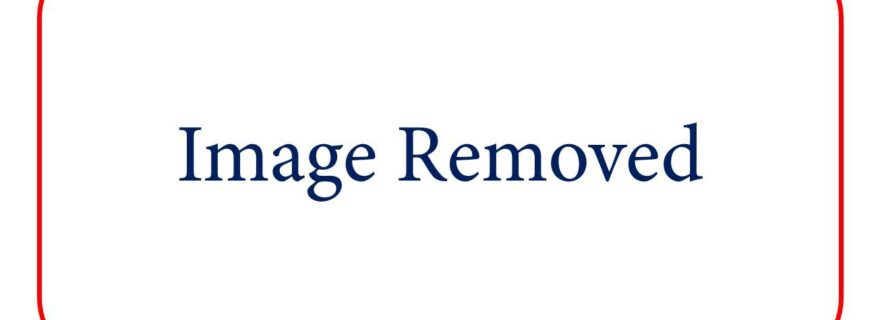Spying Journalists
Recently, a Dutch journalist said he was an informer for the security service, and society responded uncomfortably. Even though secret services have always recruited journalists, Dutch journalists are expected to refuse.
On 8 June 2019, the Dutch daily newspaper De Volkskrant published an interview with the Dutch crime reporter Bas van Hout. The headline: Never, never ever, agree to work with the AIVD, the Algemene Inlichtingen- en Veiligheidsdienst, the Dutch General Intelligence and Security Service. Van Hout confessed that he had been an informer for the AIVD’s predecessor, the Binnenlandse Veiligheidsdienst or BVD, the Dutch domestic security service (1949-2002) in the 1990s.
Van Hout’s case reveals a few interesting things. First, the particular details about his case shed light on a fascinating aspect of intelligence, i.e. that of human intelligence in general, and the running of informers and agents in particular. Van Hout, a streetwise journalist embedded in the Amsterdam organised crime scene, was seen by high-esteemed cominals such as Steve Brown (about whom Van Hout published an ‘uncensored biography’ in 1996) and Willem Holleeder as ‘one of them’. In 1993-1994, Van Hout infiltrated the right extremist party of Hans Janmaat and interviewed a party member who set two shelters for asylum seekers on fire. From 1997 to 1999 he worked as an informer for the BVD, which was active in the field of countering organised crime for a few years in the 1990s. Presumably, Van Hout informed the BVD about meetings between certain criminals he was aware of – perhaps he even warned them in advance of certain upcoming assassinations, De Volkskrant writes. Unfortunately, somewhere after 2001, Van Hout’s ‘espionage’ was leaked and thus it became publicly known, also in the milieu of organised crime, that Van Hout used to meet with representatives of the security service regularly. That put him in danger, for which the Dutch state paid him compensation.
A second interesting aspect about Van Hout’s case is the way in which politicians and society at large responded to the revelations. Although members of parliament found it ‘light-hearted’, ‘worrying’, ‘shocking’, and ‘careless’ that the information leaked from within the BVD and its successor AIVD, fellow journalists were quick to condemn their colleague, accusing him of ‘smearing’ the profession of journalists. The president of the Dutch Association of Journalists contended that Van Hout lost his ‘credibility’ because of his ‘structural relationship with the security service’.
This disproving tone rings a familiar bell, which brings us to a third and final interesting aspect of the case: earlier, similar cases of spying journalists. Since their institutionalisation, it is common practice for intelligence and security services to recruit journalists as informants. This is widely known for the Central Intelligence Agency, for example, but it pertains to all agencies in the world: journalists may have eyes and ears in countries or particular groups of people in which intelligence and security services need them. In addition, journalists are used to get particular information out in the open.
A Dutch example stems from 1975, when former parliamentarian journalist Gijs Brandsma, who worked for the daily newspaper Het Parool, published (like Van Hout, by the way) a book and a documentary about espionage. Brandsma admitted to have been an informer for the BVD in the process. He regularly met with the press attaché of the embassy of the Soviet Union, Boris Netrebsky, in which the BVD was interested (obviously). Brandsma’s motives for doing so were called into question. He was called a ‘crumb spy’, implying that he was in it for the money, and fellow journalists called him a disgrace who had failed to check power and became its extension instead.
Comparable responses were also heard in 2011 when the activist and journalist Paul Kraaijer published a manuscript in which he confessed that he had been an informant of the Dutch intelligence and security community for many years. He tipped off the security service when manifestations or collective actions were organised and provided them with the names of the people he met with. Comparable responses were heard: Kraaijer’s motives for revealing this were doubted and fellow journalists called him a disgrace, who hindered fellow journalists in their work.
Even though the dynamics of each particular case, like that of Van Hout, will always show that journalists will have a complex set of motivations for cooperating, or refusing to cooperate, with intelligence and security services, the public in general and fellow journalists seem quite conservative in their reactions: these ‘rats’ probably did it for the money. And they lost their ‘credibility’, whilst ‘damaging’ the profession. Journalists must oversee power, not spy on its behalf.


